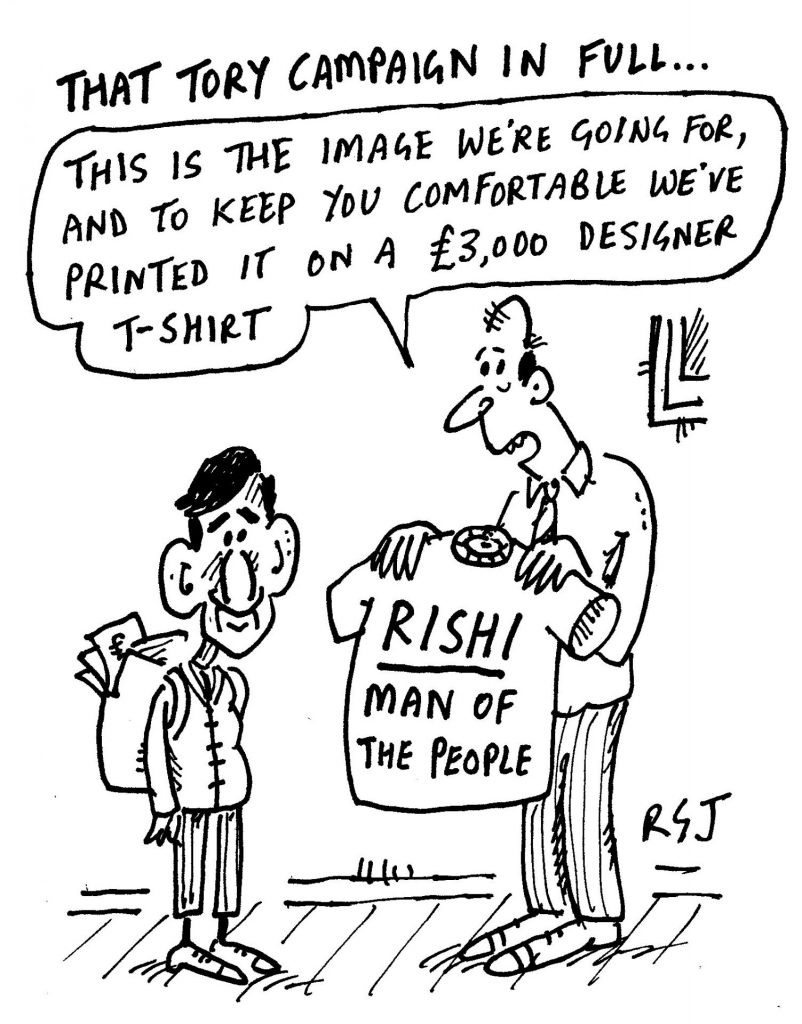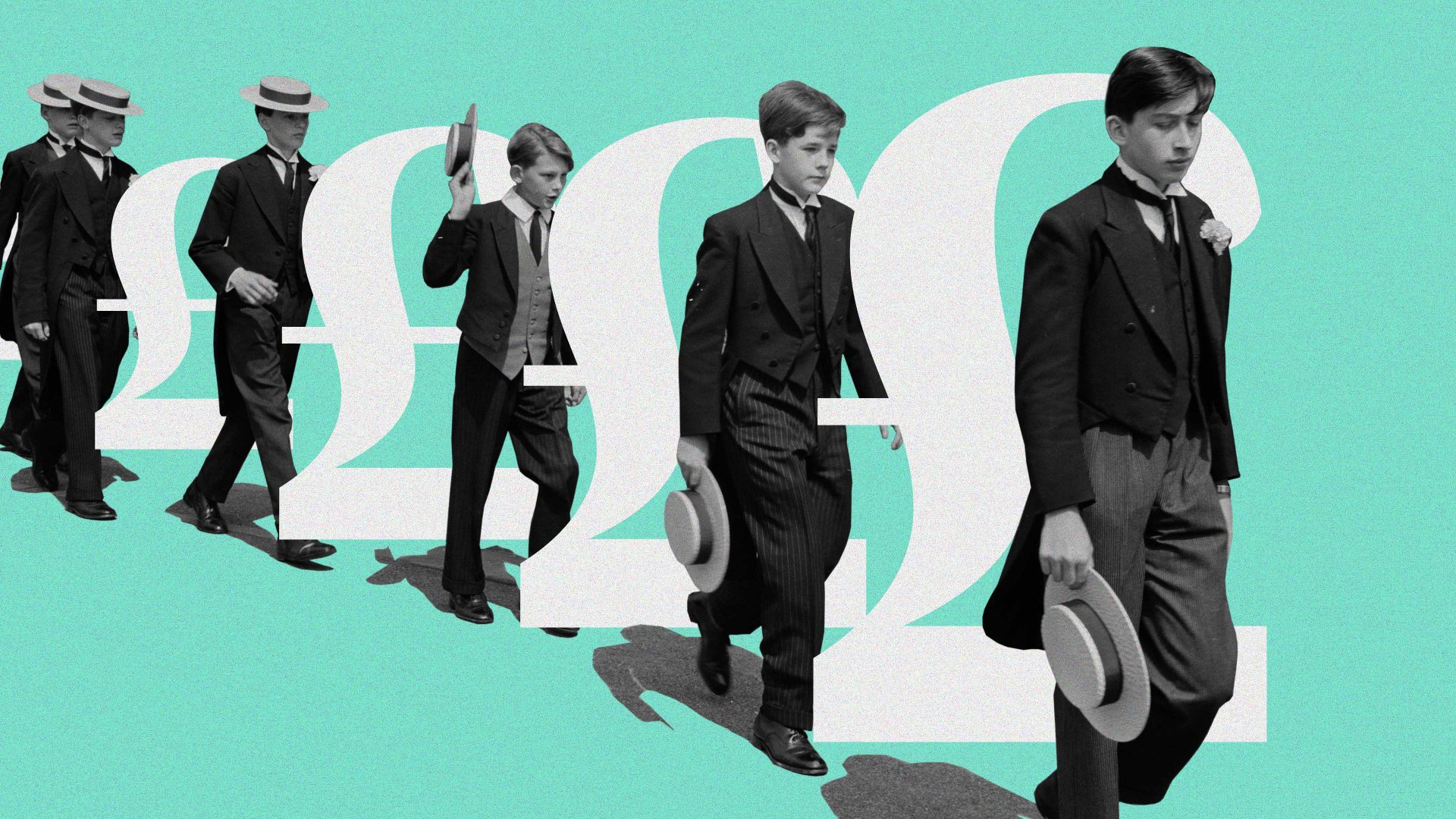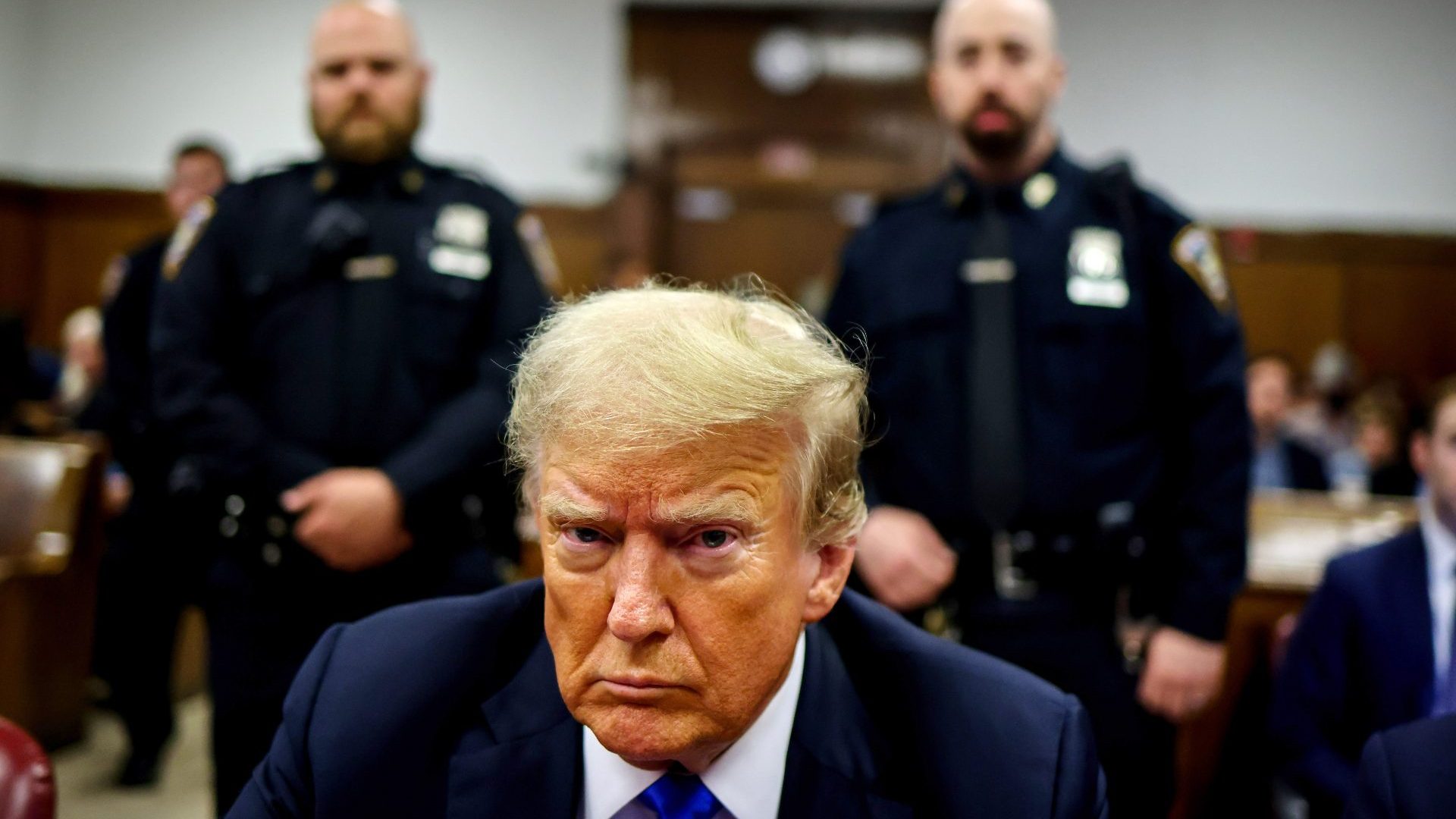Doubtless, you’ll be aware that private schools are warning of an existential threat if Labour get in, and put VAT on school fees. How could you have missed it, what with the bogus surveys warning of impending doom, front-page bleating in the right wing papers, warnings by ministers that “class war” is alive and well and living in Keir Starmer’s head and heart, once the mask slips?
So here is a question for you. How many state schools have closed since the Tories came in with their deadly ABC cocktail of Austerity, Brexit and a Calamitous quintet of prime ministers?
If you guessed just short of 400, well done. Well done especially because it is highly unlikely that you would have heard about any of them in our national media. And a bonus point if you knew 39 were special schools, because there was next to no coverage of them either.
The main reason for the news blackout on state school closures compared with the voluminous acreage given over to the non-closure of private schools is that among the 7% who use the latter are most of our national newspaper editors, most of the Tufton St think-tankerati who feed them their phoney surveys and self-serving arguments, and leading figures in the current party of government.
The Tories and their media lapdogs have not even got going on this one yet, and when they do, it will be ugly. But Labour should engage in this argument with confidence. Removing a taxpayer-funded privilege from the already privileged to help fill some of the holes in the system used by the 93% strikes me as both sensible, and fair.
Even with all the extra investment New Labour put into education, the gap between average spending on a state school child and a private school child was 40%, in cash terms £3,500, when we left office. Today, after 14 Conservative years, that gap has more than doubled.
So in 2022/23, average private school fees were £15,200, net of bursaries and scholarships. For a state school child, between £6,000 and £8,000, including day-to-day and capital spending.
Levelling up? It was a great slogan. However, in this as in so much else, that is all it has ever been.
Also, private school fees have increased year-on-year for two decades or so – a 20% real terms rise since 2010, 55% since 2003. Most – schools and parents – seem to have coped with that, and most will cope with this.
As for the argument that a private school exodus will put enormous added strain on the state sector… there are eight million state school places. Rolls are falling, not least because the birth rate is low. The state sector could easily accommodate the numbers predicted by the Institute of Fiscal Studies to opt out of going private.
Overall pupil numbers across England are predicted to decline by an average of at least 100,000 per year up to 2030 – that represents a total drop of over 700,000, which is more than the total number of children who go to private schools. When the media war opens on this front, I recommend that you turn to the sport. Even by Mail/Telegraph/Express/Sun standards, the BS on this will be off the scale.

My thanks to Grahame Perkins who, aware of my views on the above, sent me a splendid interview by ABC veteran Philip Adams, now in his 80s and still presenting Late Night Live in Australia, with Clive Hamilton, an academic who has co-authored with his daughter Myra a book on Aussie private schools, The Privileged Few.
The real class war, they believe, is fought by those who turn their financial capital into social and cultural capital, investing in networks as well as learning, to ensure the privileged elite continuously reproduce themselves as a ruling class.
Hamilton pointed out that every time a private school announces a new multi-million-pound library, with the help of tax breaks from the State, it is a “moral injury” inflicted upon those children whose schools often lack a decent library at all.
Hamilton also spoke of incidents in which pupils from the top schools carried out a series of dares, such as spitting on homeless people, or having sex with under-age girls. “It is legitimate to humiliate the vulnerable” is the mindset, drummed into them by the superiority they are taught to feel, he argues, with what he calls “a misogyny pipeline” built in, he said.
It seems Australia, a country I have always felt less class-bound than ours, has its own version of the Bullingdon culture which produced two of the aforementioned Calamitous Quintet.
To Edinburgh for a conference, to Loch Lomond and Loch Voil for a couple of amazing swims, to Paisley to look at old haunts of Fiona’s long-departed father, Bob Millar, and the chance to gather views on how the election is going down in Scotland, which is so important to Labour’s chances of getting a majority. The most interesting thing was how rarely the issue of independence came up.
At the event, I met Susan Murray of the David Hume Institute, who shared with me the findings of a survey they had done to assess what Scots viewed as the election’s priority issues. They were given a list of 30 subjects, and asked to pick the three that mattered most to them.
The NHS came top, by a long way, with more than half citing it in their three main issues. This was followed by cost of living/inflation on 40%, then poverty and inequality on 20% and in fourth place, interestingly, trust in politics.
The issue of Scotland’s constitutional future was well down, below housing, mental health, education, Brexit, climate change and more. Just 7% had it as one of the defining issues of the campaign. So this is very much not an independence election. That surely helps Labour.
Added to which, Scottish Labour leader Anas Sarwar, who spoke at the same conference, is growing on people. In addition to my usual show of hands on who will be the next UK PM – 100% Keir Starmer to zero for Rishi Sunak – I asked who would be Scotland’s first minister after the next Holyrood election, John Swinney or another SNP leader; or Sarwar. It came in at around 50/50. That is a pretty big shift from even a few months ago.
“Time for a change” is one of the most formidable impulses in electoral politics. It might well be playing out against the Tories across the UK, and against the SNP in Scotland.
The obvious danger to Labour in big poll leads is that even people who can’t wait to see the back of this government decide there is no point turning out to vote, added to which tactical voting might take a bit of a dent too. One seat where a bit of tactical voting could be very exciting is Rishi Sunak’s Richmond constituency.
According to one poll, Labour are just three points behind him, 41% to 44. So if a few Lib Dems, Greens or Reform voters switched to Labour, it could be none other than the PM who provides the Portillo moment of election night.
Assuming by then it is clear the Tories have lost, I suspect nobody would be happier than Sunak. He could just head to California on July 5, and leave the Badenochs and Bravermans to argue over the Tory corpse… assuming they hold on to their own seats, that is.




